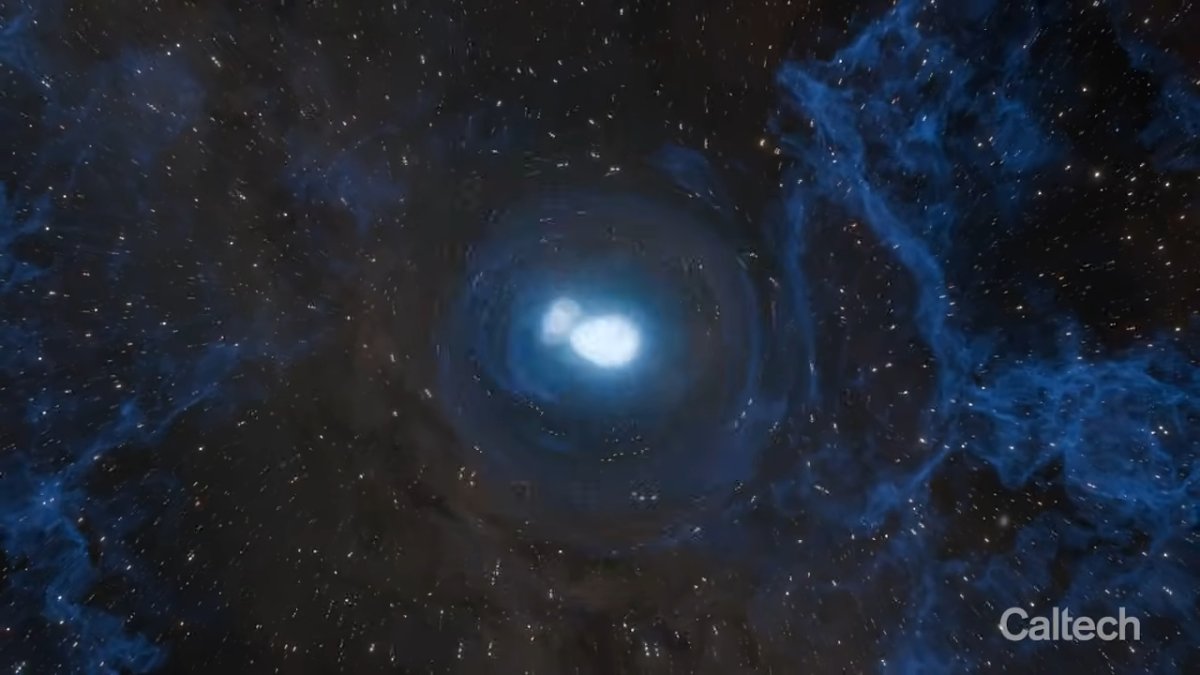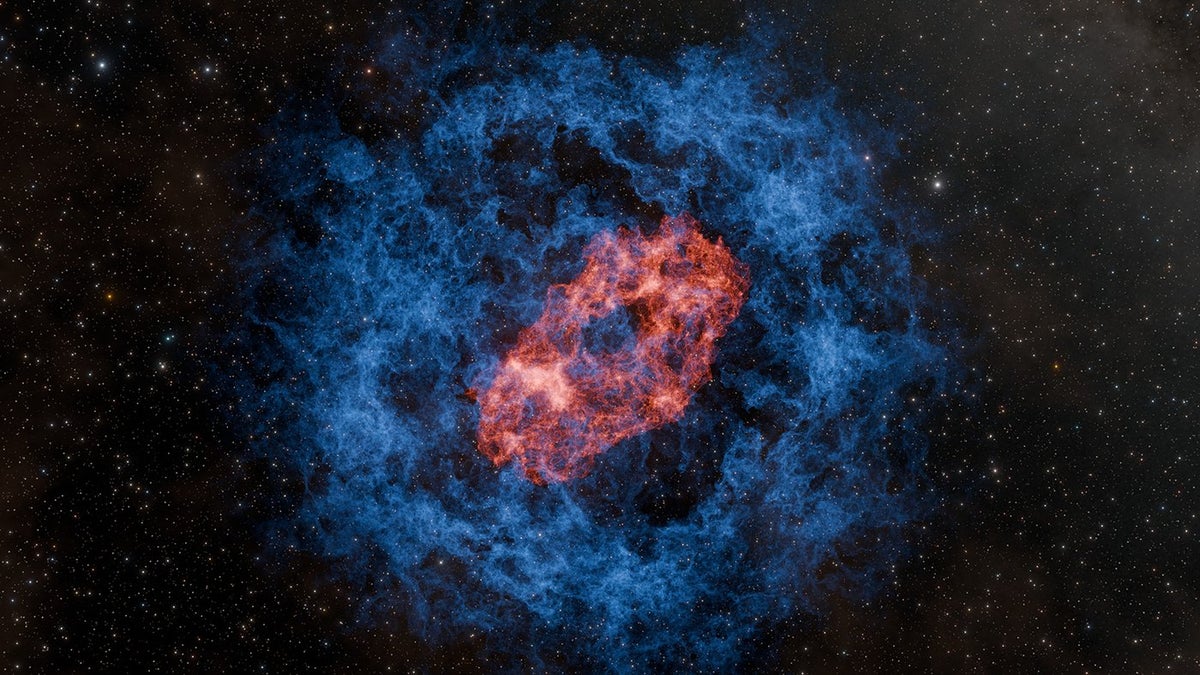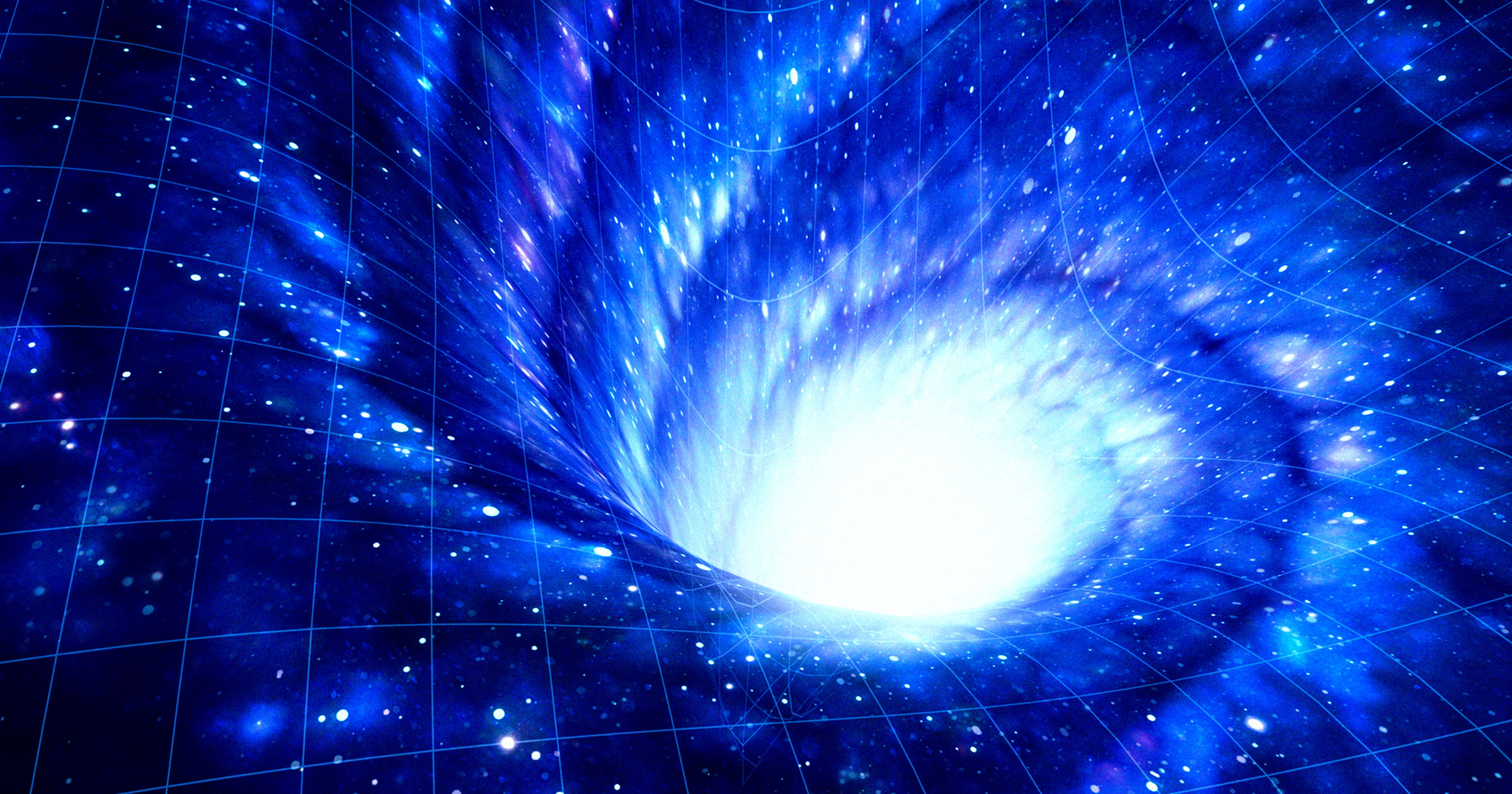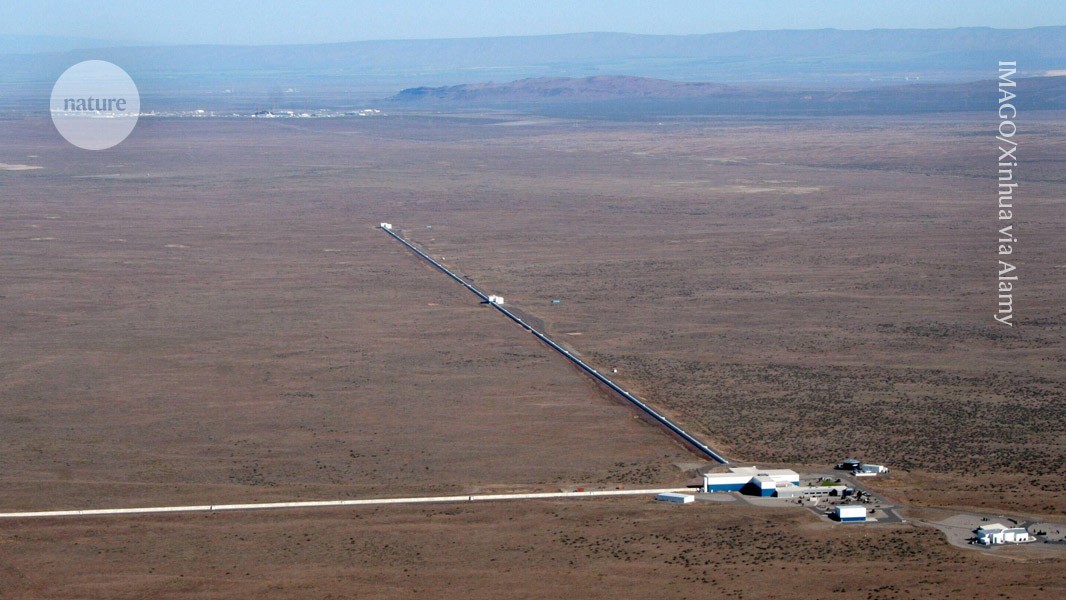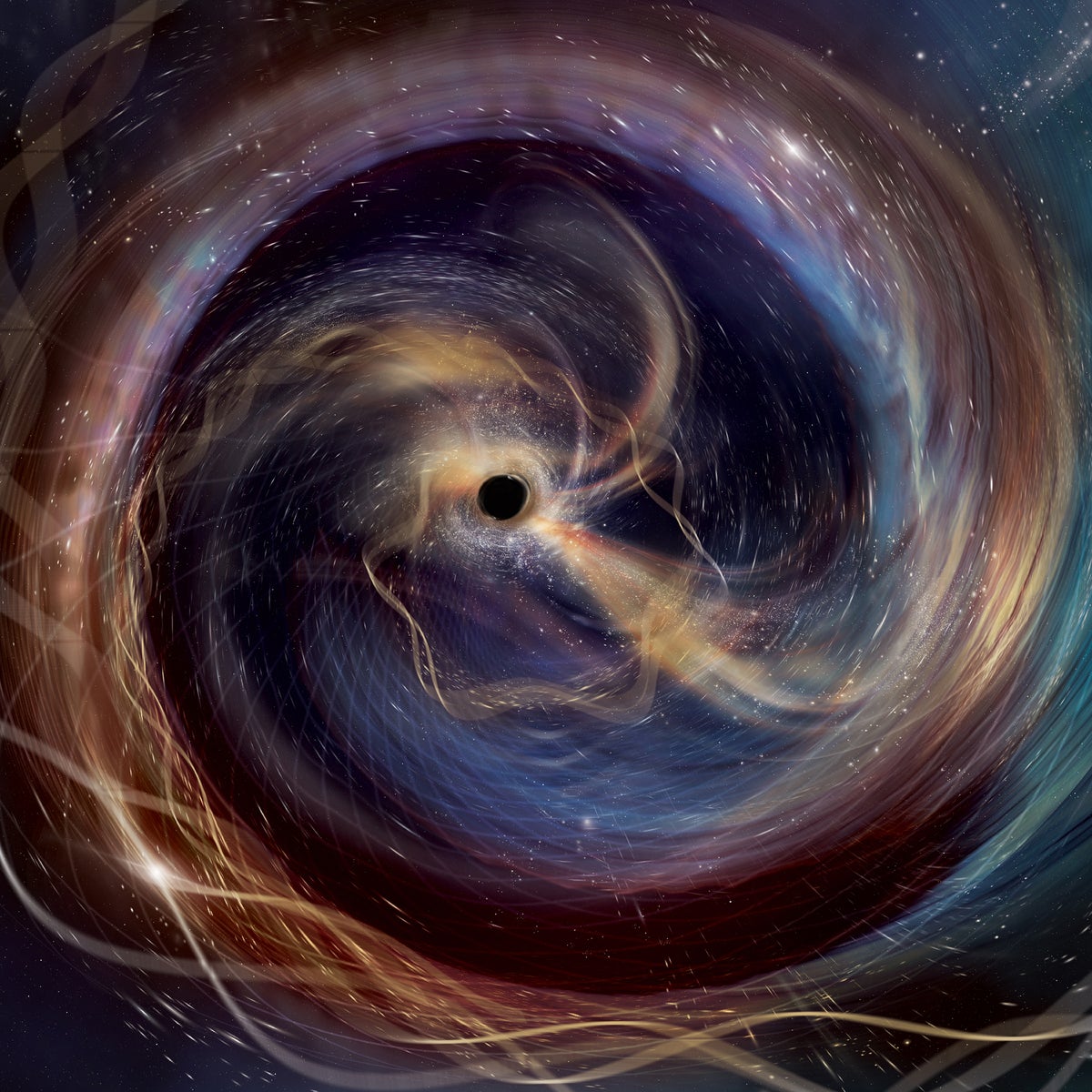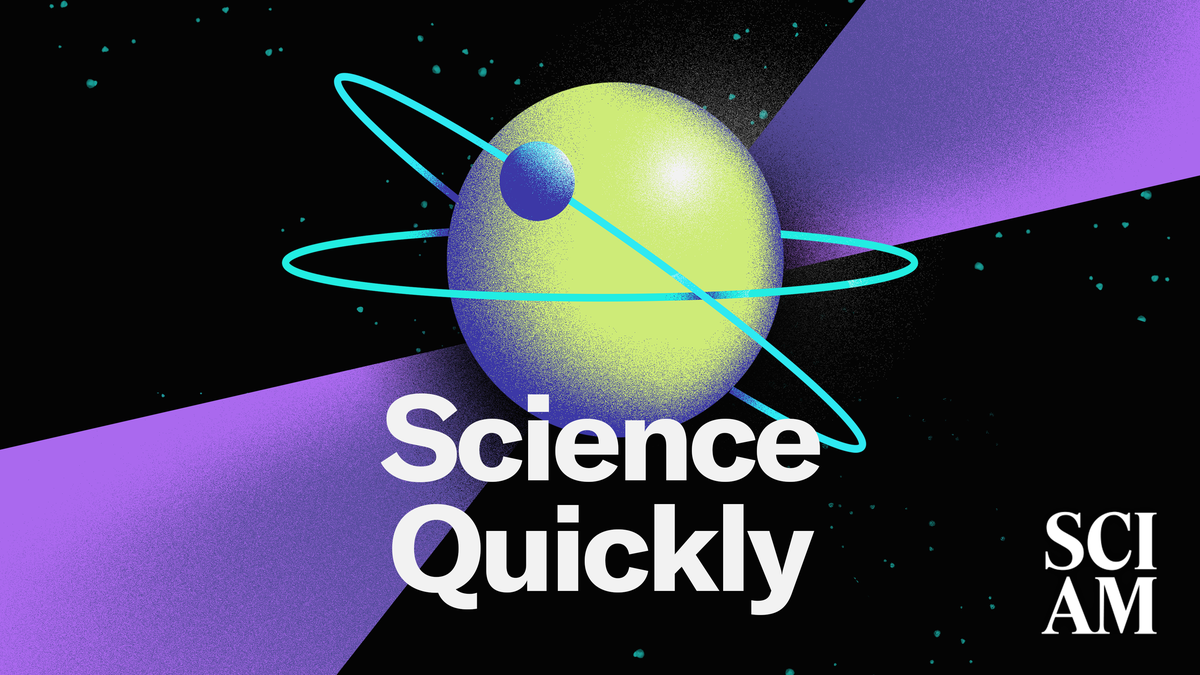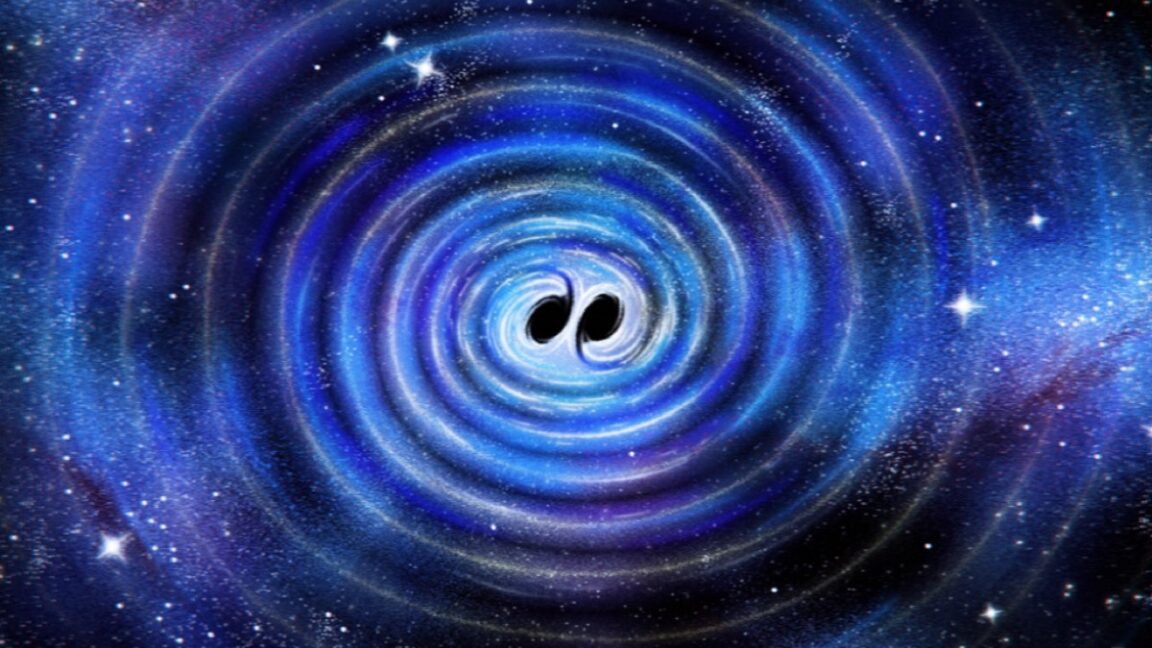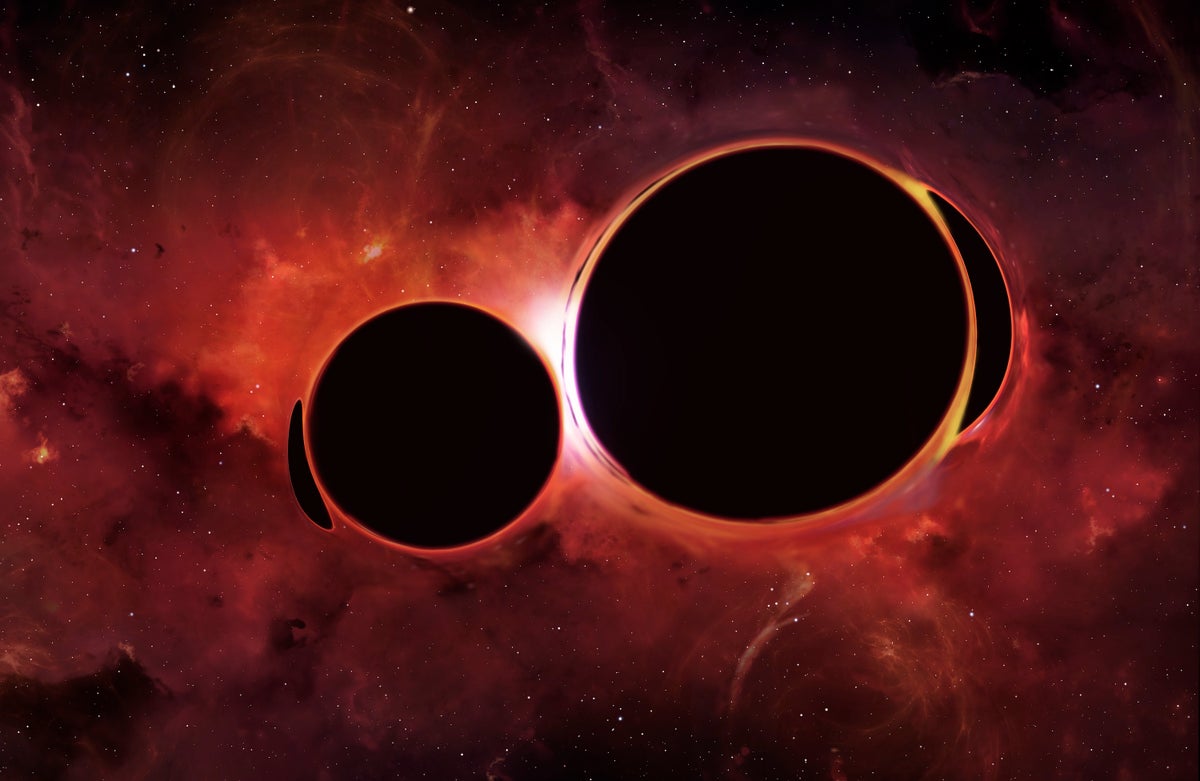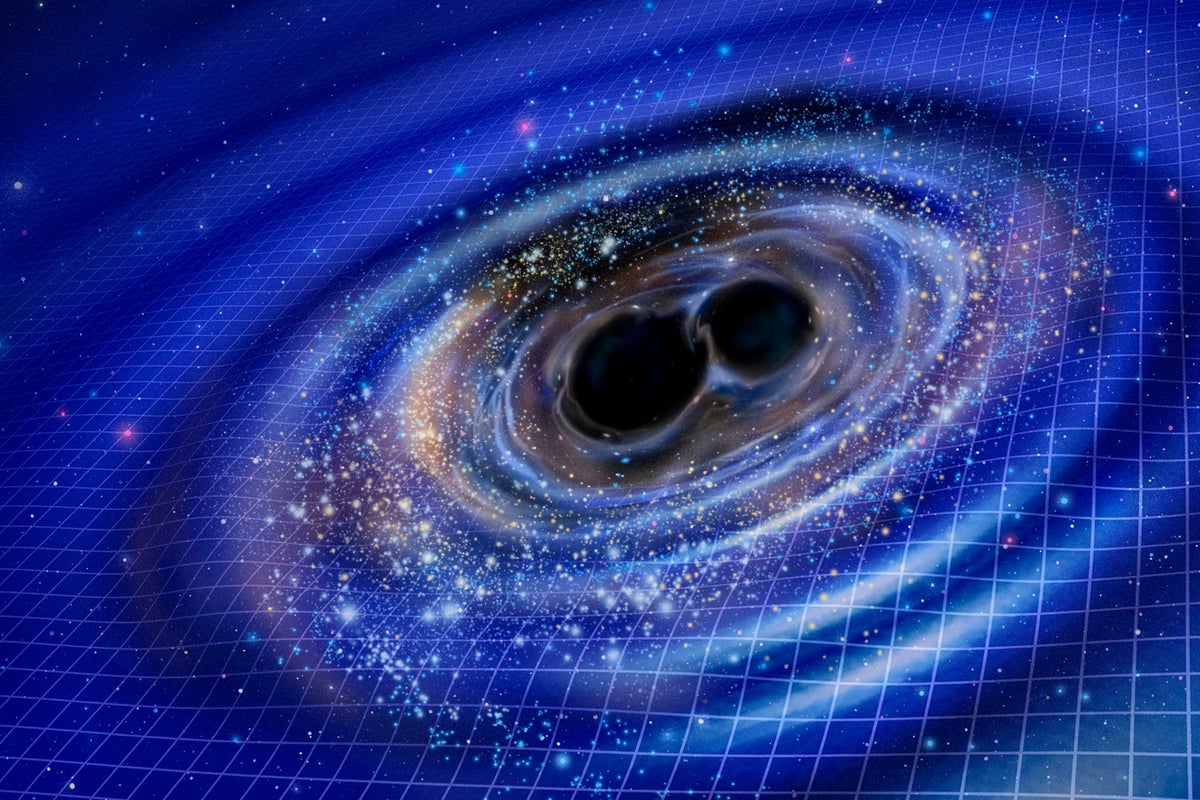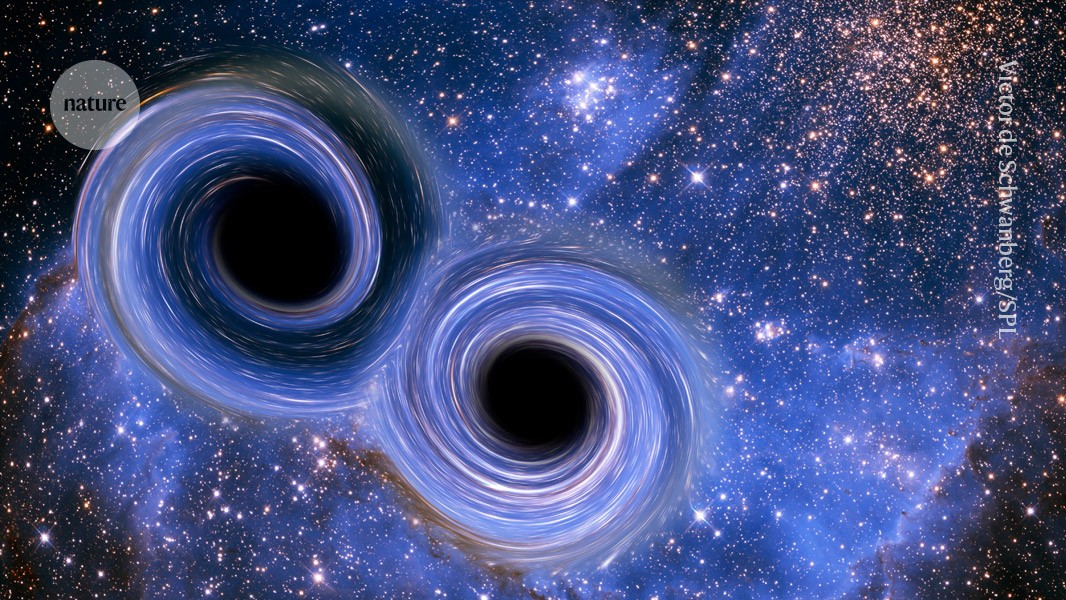#gravitational-waves
#gravitational-waves
[ follow ]
#black-holes #ligo #astrophysics #black-hole-mergers #astronomy #superkilonova #kilonova #neutron-stars #ligo-virgo
fromFuturism
4 months agoScientists Detect Strange Signal in Gravitational Waves
For the first time, astrophysicists have measured the recoil - or " kick," in the parlance - resulting from the birth of a new black hole that formed from the merger of two preexisting ones. The international team of researchers measured the ripples in the fabric of spacetime, known as gravitational waves, allowing them to get unprecedented insights into the turbulent dynamics of two black holes crashing into each other.
Science
#astrophysics
OMG science
fromBig Think
8 months agoStarts With A Bang podcast #117 - Gravitational waves and the Universe
Gravitational wave detection has exponentially increased since 2015, approaching 300 confirmed events.
Future advancements include space-based detectors and the use of artificial intelligence for improved data collection.
[ Load more ]
